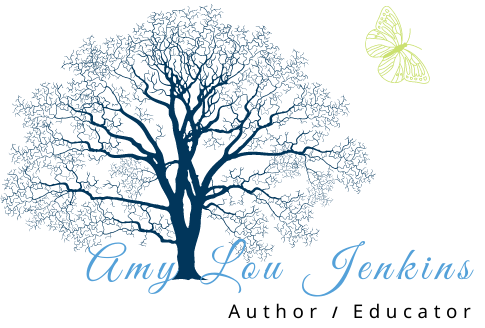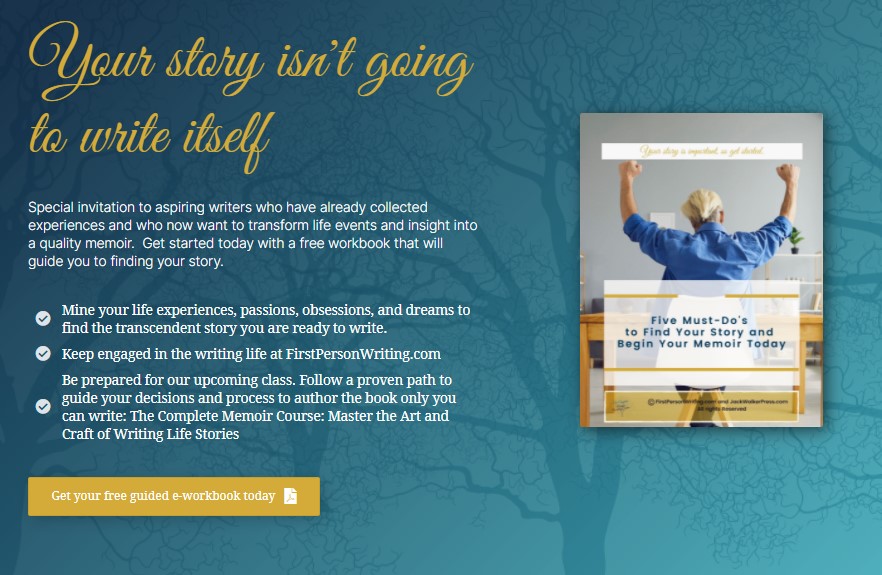The Specific is Universal
Use specificity to find the heart of your story and give your reader an experience

The Specific is Universal
I had heard the phrase “ the specific is universal,” early in my writing education, but later I learned that James Joyce wrote,
“For myself, I always write about Dublin, because if I can get to the heart of Dublin I can get to the heart of all the cities of the world. In the particular is contained the universal."
Particularity and specificity are essential. Without them, writing sucks. When someone writes to me “you mean the world to me” I still don’t know why they like me. Tell me about the time I helped you move, or when your puppy shit on me, and I laughed it off and wore your fuzzy robe for the dinner party, or tell me how I waited four hours without complaint when picking you up at the airport. Tell me what you like about my smile or how I can hold a baby on my hip and make leek-and-corn chowder at the same time. Don’t give me an empty cliché; be specific. The specific is universal in first-person writing and in all creative and even non-creative writing. Details, data, dates, and directions are structures that support our analysis and conclusions in professional and scientific writing. In creative writing, it’s often the clay we use to sculpt our art.
The Specific
Most writers agree that we don’t write “flower” when the bloom is an Ice King Daffodil with six, stark white tepals surrounding the center corona. The Ice King doesn’t host a central trumpet for its corona, rather it contrasts stark white with a yellow -to-white-ombre spread of petal-like organs; Its array is so full of furls it resembles a chrysanthemum. With so many petal-like structures, it’s called a double narcissus.
In my garden, the weight of all that beauty forces the daffodil stem to bend under pressure. After yesterday’s rain, my little bed of five Ice Kings all humbly face-planted in the dirt. So bent over were they, that if there had been a pond nearby, the narcissists would have surely looked for their reflection.
Go Too Far
Has the writing above gone too far and given too much description and too much detail? Probably, but I might want to go further. There are facts, images, and backstories to exploit. This descriptive paragraph could move to mythology. We could go much further into the sexuality of the corona, for they are not petals at all but evolved fancy sex organs that now attract people rather than bees or moths to assist their reproduction. We could try to evoke the sweet scent. The writing could drift to the dangers of vanity. There are many places we could go.
Or we could just write “daffodil” or Ice King Daffodil.” In my prewriting or first draft, I might exploit all the details that seem pertinent to the story or even those that don’t feel pertinent. A writer can wander around in early drafts. I might uncover metaphors or details that connect to a subtheme. This could make the paragraph richer, and it might help me find the heart of my story or main theme, or subtheme. Once we understand the heart, voice, and structures of our story, we cut that which does not serve the story, but in the early drafts, we may collect details where our interests and passions nudge us. I want to tell you more about the genetic interventions that altered the Ice King, but I had to cut that part.
Follow Your Instincts and Go Deep to Find Your Universal Themes and Subthemes
As a writer, you have passions and areas of interest that dominate your life. Garth Stein’s interests in cars, reincarnation, and dogs contribute to his novel, The Art of Racing in the Rain. Joyce Maynard’s passion for baking pies creates memorable scenes in her novel, Labor Day. Michael Perry successfully exploits passions for cars, pigs, chickens, and more in his essays and memoirs. When writing memoirs and essays, the particulars will help you find the themes of your story and offer transcendence to your audience rather than giving them an account of what happened.
Help Your Reader Reach a Conclusion
Written details on their own can lead the reader to make conclusions. They engage in the story. Particulars help the reader reach a judgment along with the writer, instead of being told what the writer thinks (Not that telling isn’t important to narratives too). Specifics offer the reader an experience. I used the following example with my first-year college students.
Does Grandma Love Us?
Early in the semester, I’d share an anecdote about my grade school days when my dad worked the second shift at the Milwaukee Post Office.
Journey
Dad didn’t get home until midnight, so when we planned to drive up north, Mom would have the car packed for our middle-of-the-night travels to visit her parents. My sister and I nodded off in the back seat, and Dad drove through the night. Mom changed the eight-track cartridges in the GTO from Simon and Garfunkel to Johnny Cash, and even Jerry Lee Lewis if Dad needed a boost to go with the thermos of coffee.
Arrival
Usually, the sun was just coming up when we arrived at their small grey shingled house in Pembine, population 712. Grandpa would be at the open back door. His white long-underwear top glowed brightly in the low light. Red suspenders held up grey pants around a Santa-type belly. He’d have two quarters in his hand and hand them over to my sister and me— if we agreed to punch him in his belly and pronounce it was all muscle. Grandma would start her slow walk across the kitchen floor to kiss us with her hard exaggerated pucker. Before she released us, we’d strain our heads to see what heavenly-scented bakery covered the yellow aluminum edge table. The best bakery ever spread across that scarred yellow surface: my favorite, chocolate-chip cookies—without nuts; for Mom, custard pie; for my sister, pumpkin pie; Dad’s warm date bar with freshly whipped cream, Grandpa’s apple pie; and two loaves of warm bread for the table. Grandma passed out the plates.
Breaking Bread
We moved around the table and sampled tastes and scents. We shared our new bits of life news before we placed clean white sackcloth over all the leftovers and then napped, only to repeat the meal again when we woke. This scene replayed for many years, but as Grandma aged and got a bit shaky, the pies got thinner as she couldn’t carry them to the oven without spilling. Eventually, she’d have the pumpkin and custard filling prepared but wouldn’t bake them until Mom arrived to put them in the oven. We’d eat them in round two. Grandma never let up or cut back. It was her way to welcome family who’d driven all night.
How Do You Know Grandma Loved Us?
Those students understood Grandma loved us in a way that was very different than if I’d said, “Grandma loved us so much.” Later in the semester, students, who still couldn’t name two coordinating conjunctions, could tell me why my grandmother loved me. When I’d ask them to convince me with details, I’d ask them how they know my grandmother loved my family and they’d exclaim from all around the room, “pumpkin pie,” “chocolate chip cookies—without nuts,” “homemade bread,” and they would name them all. Then they would go back to their papers and search for the truth that particulars and details could reveal in their essays and stories.
Specifics Serve the Writer and the Reader
We writers can embrace the details and specifics to find the universal and to be relevant to our readers. We may not need all the specificity and details that we write in early drafts, yet writing that deeply can help us mine for themes, subthemes, and metaphors that can lead to transcendent narratives. The weight of details can also create an experience for the reader. Specificity resonates. I’ve never been to Dublin, but I know what a hometown feels like. That kind of specificity is universal.


1 thought on “The Specific is Universal”
Comments are closed.